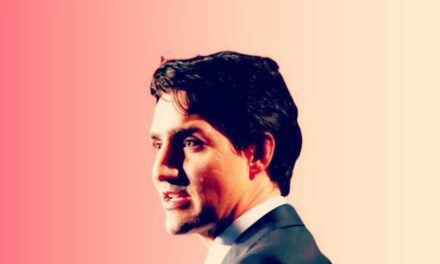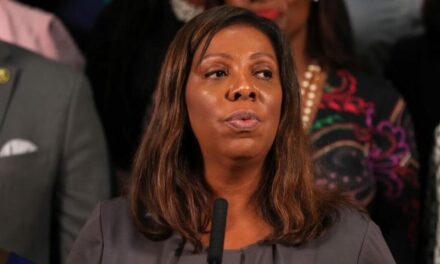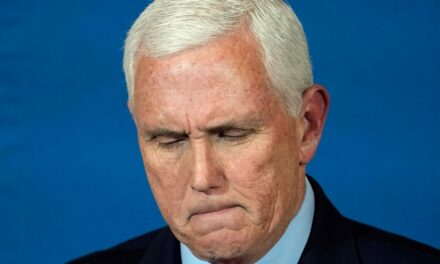We support our Publishers and Content Creators. You can view this story on their website by CLICKING HERE.
Deeply unpopular German Chancellor Olaf Scholz, under siege in his own party, decided to once again engage in diplomacy by having his first phone call in more than two years with Russian President Vladimir Putin.
As one would expect, this decision was not well received in Kiev, where any suggestion of negotiations with Putin is still viewed as treason.
Reuters reported:
“President Volodymyr Zelensky said the German chancellor’s phone call with Russia’s leader on Friday opened a “Pandora’s box” that undermined efforts to isolate Vladimir Putin and end the war in Ukraine with a ‘fair peace’.”
On the German side, a spokesperson said Olaf Scholz had urged Putin to begin talks with Ukraine and initiate a path towards a ‘just and lasting peace.’
“’Olaf’s call, in my opinion, is a Pandora’s box. Now there may be other conversations, other calls’, Zelensky said. ‘This is exactly what Putin has long wanted: it is extremely important for him to weaken his isolation and to conduct ordinary negotiations that will not end in anything’.”
Zelensky insists Russia is not prepared to negotiate an end to the war ‘in good faith.’
Ukraine demands ‘robust security guarantees’ before any ceasefire is implemented in order to prevent future Russian offensives.
Zelensky complained that Moscow used pre-war negotiations to advance its interests.
“’This gave Russia the opportunity not to change anything in its policy, not to do anything in essence, and this is exactly what led to this war’, he said in his evening address.”
While Berlin is a major Ukrainian financial backer and the largest provider of weapons after the United States, Zelensky is not satisfied.
Germany’s vital ally status is overshadowed in Kiev’s view by its hesitance to provide long-range Taurus cruise missiles.
“In the one-hour phone conversation with Putin, Scholz demanded the withdrawal of Russian troops from Ukraine and reaffirmed Berlin’s continued support for Ukraine, the German spokesman said.
The Kremlin said Putin told Scholz during the conversation that any agreement to end the war must take Russian security interests into account and reflect ‘new territorial realities.’”
The Kremlin described the call as “extremely positive.”
When informed in advance of the call, Zelensky ‘cautioned’ Scholz against talking to Putin.
Moscow’s demands are clear: Ukraine must drop its ambitions to join the NATO military alliance and retreat from the four Ukrainian regions that it now considers part of the Russian Federation after a referendum.
Kiev refuses, saying that it would mean capitulation.
Read more:

 Conservative
Conservative  Search
Search Trending
Trending Current News
Current News 





